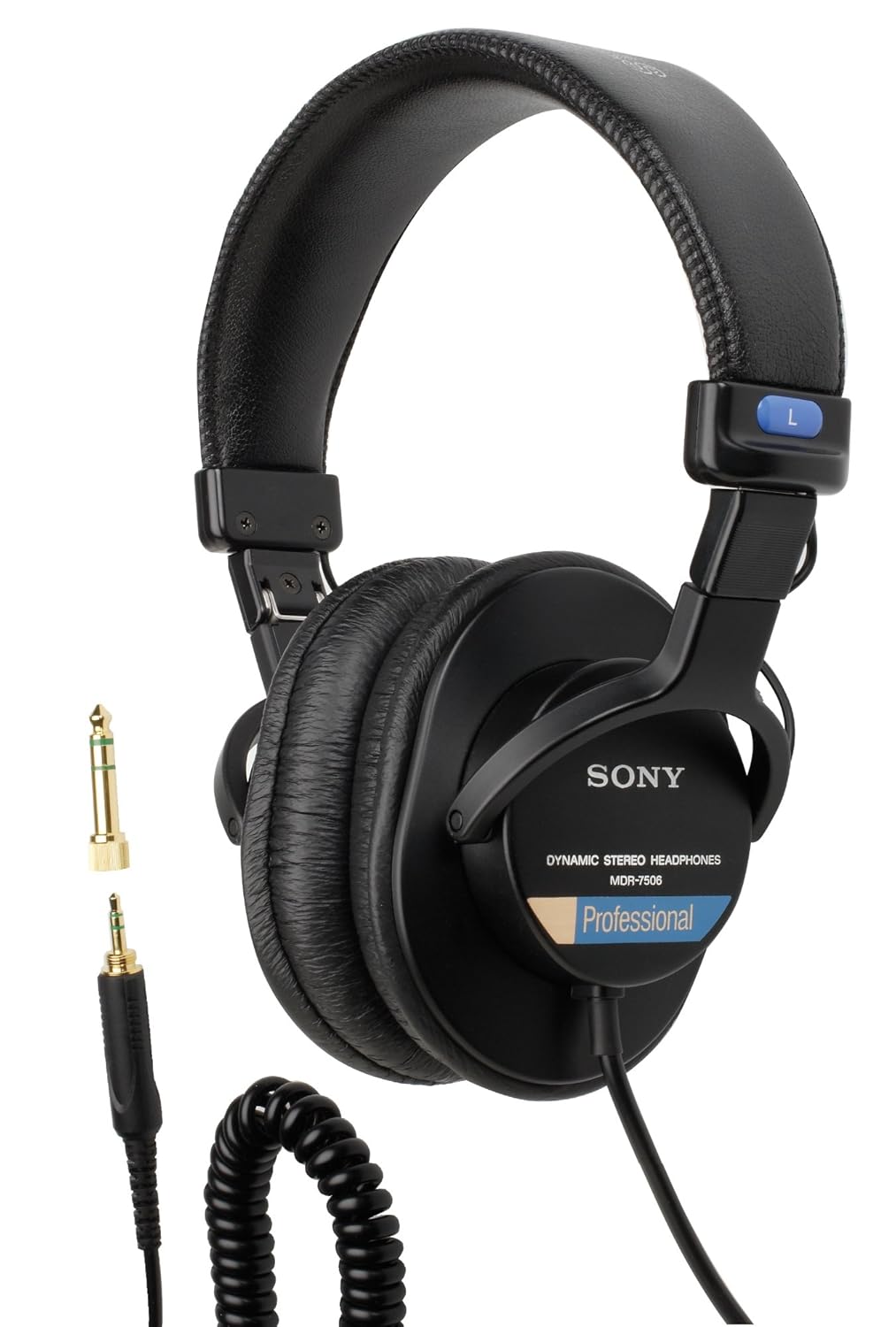 |
| Just in case you don't happen to own a combination Vespa/laptop stand |
Although I’m mostly a homebody at this point, last week’s
whirlwind trip to New York reminded me of the days before I got married, when
the husband was in Boston and then Chicago, while I lived in NYC. I got
frighteningly used to traveling, my iPod forever stocked with podcasts and
episodes of Flight of the Concords,
my bags pared down to one purse and one over-the-shoulder.
And because work doesn’t stop just because you’re traveling,
I also picked up some tips and tricks for writing on the road. Here are some of
my favorites.
Always keep a small
pen and pad with you:
This one is helpful even if the traveling you’re doing is to
the grocery store. You never know when you’ll get an idea, and a lot of times
the back of a receipt isn’t going to cut it. Luckily, there are lots of great
options for tiny notebooks and micro-pens, perfect for purses, pockets, and
morning runs. My current favorite is this little beauty.
If you travel a lot,
consider investing in a netbook:
For longer trips or if you don’t travel too often, carrying
a laptop isn’t usually a problem. But if you’re a frequent traveler trying to
keep things light, a netbook—a small, cheap laptop—is a good solution. I got
myself a netbook a few years ago, when I didn’t want to lug my laptop around
all the time but still needed to work online when I traveled. There’s a huge
range of netbooks, of course, but I’d recommend going as bare-bones as
possible: small, lightweight, a good battery, and don’t worry too much about
the processor (since you’ll probably just use the Internet and Word). Here’sthe one I use, and it’s still kicking four years later.
How to keep changes
consistent, even when working on separate files:
Of course, working on a netbook or any computer other than
your regular one means sometimes you can run into problems keeping edits and
revisions consistent. You can copy-paste changes from the new document to the
original, but there’s always a risk that you’ll miss a change or that the new
document has some weird formatting you don’t want. There are a couple
work-arounds:
- Consider the cloud: Google has some great free software that allows you to access documents from anywhere online. Part backup service, part online library, Google Drive will automatically backup selected files on your hard drive, allowing you—or anyone else you choose—to view and/or work on the document. This is especially helpful if you’re working on anything collaborative, but it’s also great when you’re on the road. Just open the latest version of your document and get working—all changes will be automatically saved and ready for you when you’re back home.
- Sometimes, though, you can’t get online, and then you’re stuck with a totally new version of your document saved on another hard drive. You can make changes in “track changes” to be more aware of your edits, but if you didn’t remember to track changes or just didn’t want to, there’s an easy way to see all the changes in a new document. Open Word, and click on the “Review” tab. Click on “Compare” and then “Compare two versions of a document.” When prompted, click on the original document and the revised document. A new document will open, showing all the changes between the two. Super helpful when there are a few different versions of your manuscript floating around.
Take time to stop
working:
One of the nicest things about traveling is that you’re
usually in a state of suspended animation. You’re in between places, you’re
moving but staying still, and laptops and notebooks aside, it’s usually not the
most work-friendly environment. The nice thing about this is that it can force
you to take time to stop, look out the window, and think. You can’t go online
(unless you’re in one of those fancy wi-fi enabled planes, trains, or buses),
and there’s not much else to do but sit and be quiet. Take advantage of that
time. Listen to some music or close your eyes. Think about the people around
you, where they might be going, what they might be thinking. I’ll be the first
to admit that traveling is hectic and exhausting, but it’s also one of the few
times when your mind has the freedom to wander (mostly) uninterrupted. Take
advantage of that.
Giant headphones can
be lifesavers:
Back when I worked in radio, I learned about the magic of
gigantic, really nice headphones. Not only do they make audio sound uh-maz-ing, but even unplugged they make
fantastic noise-cancellers, insulating your little eardrums from the outside
world. They might be a little harder to transport than sleek, skimpy earbuds,
but they’ll pay you back in blocking out crying babies and argumentative phone
calls. My favorites (and the ones I, uh, “liberated” from my old job) are Sony MDR-7506. These are the industry standard, and I promise, you won’t find any nicer.
Do you have any favorite travel tips? How do you stay focused when on the road?






I cannot explain how much I love my NC headphones. I used to use them for traveling and writing in public, and now I use them for writing, period. We had a GIANT storm here on the third to last day of Camp NaNoWriMo last year when I was writing like crazy...I literally had no idea there were hurricane-force winds going on outside my window until I got up to take a break!
ReplyDeleteGreat advice. Thanks for the post!